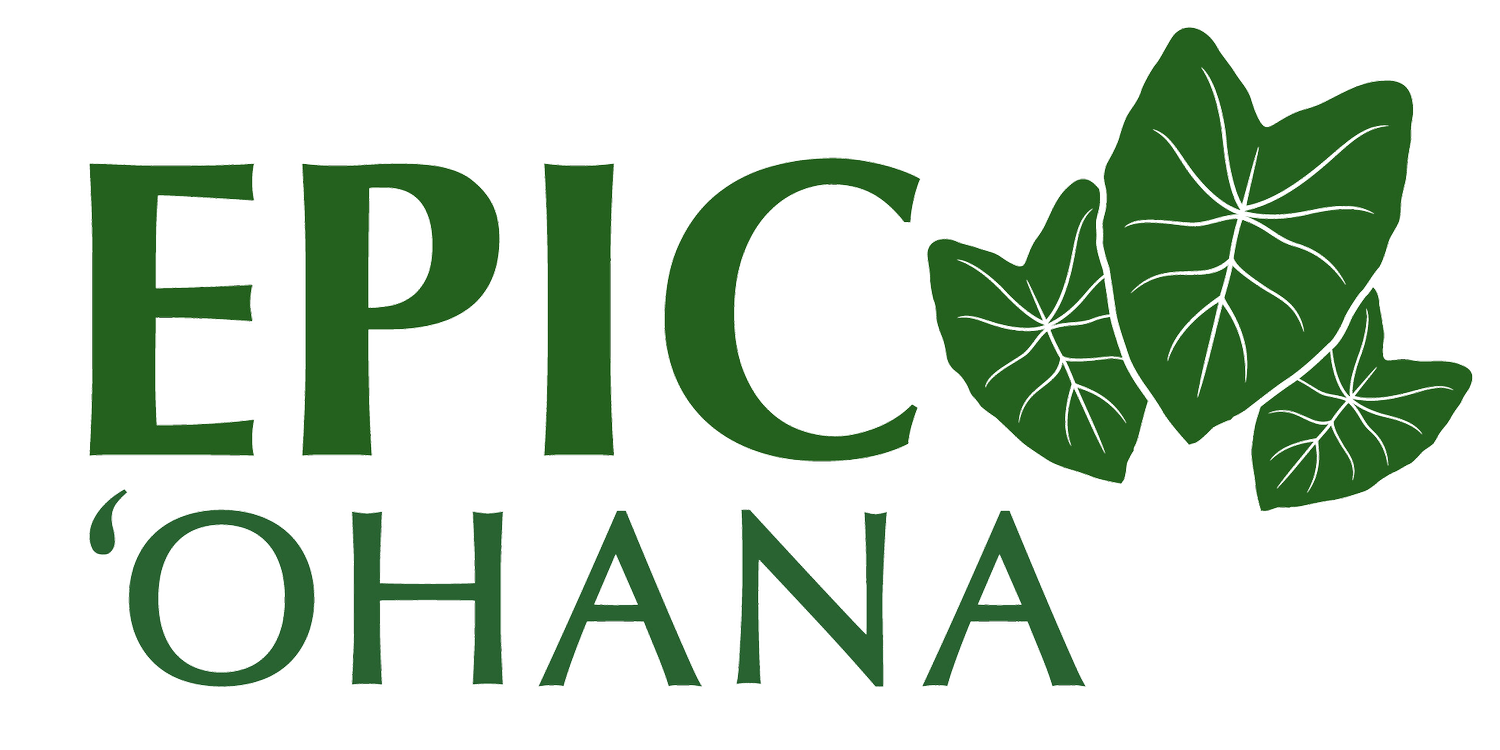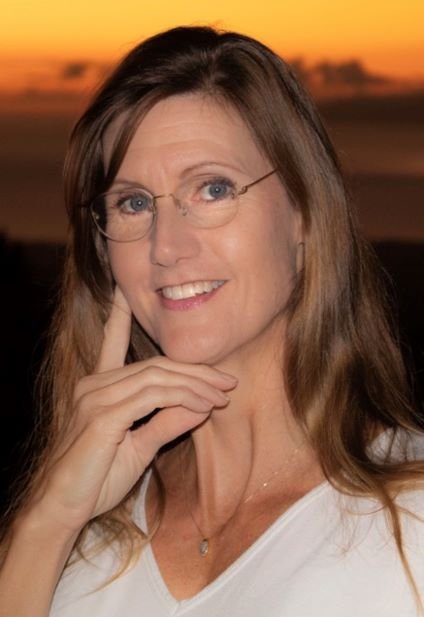Karen Worthington, Board Member
After graduating from college with an honors degree in creative writing Karen Worthington wasn’t sure what she was going to do next. She wanted to go to grad school, but was torn between social work and law. Influenced by her role models, Hillary Rodham Clinton and Marianne Wright Eldelman, Karen was swayed towards a law degree. “Law seemed like the faster route to make big changes,” she told me. And helping to create pioneering structural changes has been Karen’s life work.
Karen’s passion, over her impressive and extensive career, has been to impact systems so they are more just and equitable, especially for children. She’s a person who asks big questions, searches for effective answers, and is a powerful and strong advocate for the disadvantaged and vulnerable. Before moving to Maui in 2010, she served for ten years as the founding director of the Barton Child Law and Policy Center at Emory Law School in Atlanta, Georgia. During that time, she was also the Director of the Southern Juvenile Defender Center at Emory. Prior to her work at Emory, she served as the Director of Program Development and Management for Fulton County Juvenile Court, the largest juvenile court in the southeastern United States.
“When you look around the world, you see it’s unfair—and it’s particularly unfair for children. And the disparities across segments of society impact some children more than others. So how do you even that playing field in a crazy world that’s never going to be even?” she asked. That’s the unresolved question she wrestles with every day as a private consultant for child advocacy organizations, and as a member of EPIC’s Board of Directors.
Karen believes the medical field’s Hippocratic Oath should apply across systems. How can government systems, like Child Welfare, live up to the oath of: Do No Harm? Or, at the very least, how do we ensure that CWS does more good than harm? As someone who assists agencies to implement research-based approaches, Karen sees EPIC as being a strong community partner that models that oath. Both in its programs and work ethos, EPIC is dedicated to reducing suffering and the systemic trauma families experience, and to tilting CWS’s scales towards doing more good. Though there is much change that still needs to happen, Karen has noticed that nearly every successful initiative CWS has implemented has some connection to EPIC. EPIC, in her opinion, is truly an innovative leader in Hawaii and is so effective because of the heart it brings to the work.
Karen has been on EPIC’s board since November of 2014. She thoroughly enjoys working with the other board members and is impressed by their wealth of knowledge and experience. As a board member, she sees the newest trajectory of systemic change EPIC is promoting as revolving around preventative actions. “How do you change conditions that people operate in so they don’t have to enter the system? How can you make it less traumatic when they do? How can we reduce the number of families in the system to those who truly need it and can benefit from it?”
Important and daunting questions, to be sure, but not being afraid to ask hard questions, nor shying away from the hard work of finding effective answers, are clearly in Karen’s skillset. For EPIC and its board, articulating the questions that truly need to be addressed helps open up a space to find potential solutions that can further tip the scales of injustice towards fairness and equity. Karen’s ability to help identify real solutions also supports EPIC’s continued mission to be an innovative community leader. Her contribution, and those of our other board members, is what helps EPIC to continue to live up to its mission to strengthen families, enhance the welfare of children and youth, and do so through transformative processes that are respectful, collaborative, and solution-oriented.

